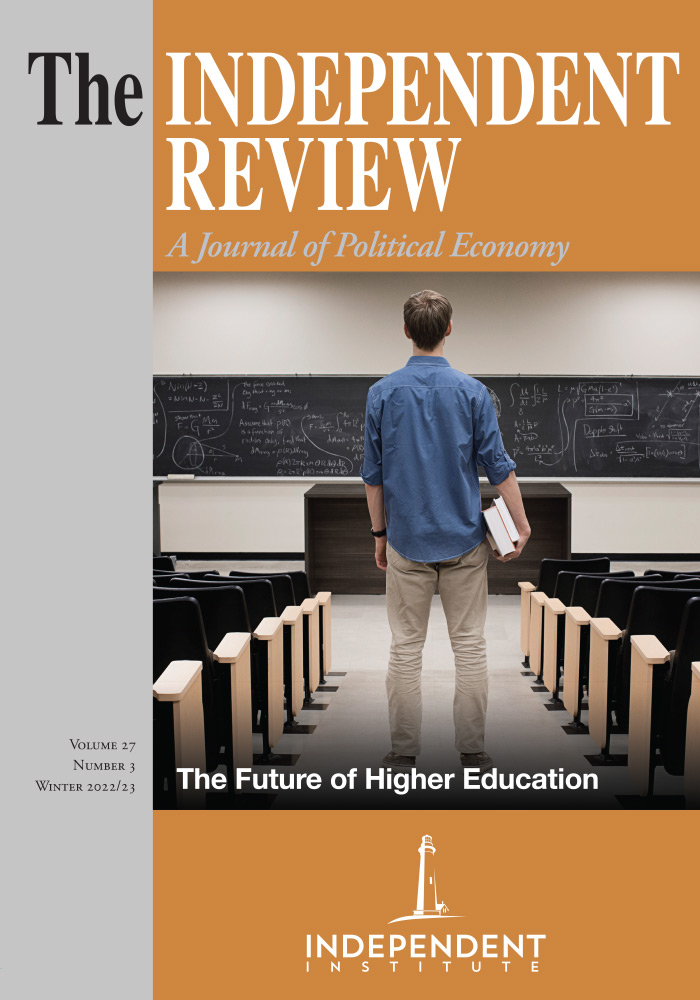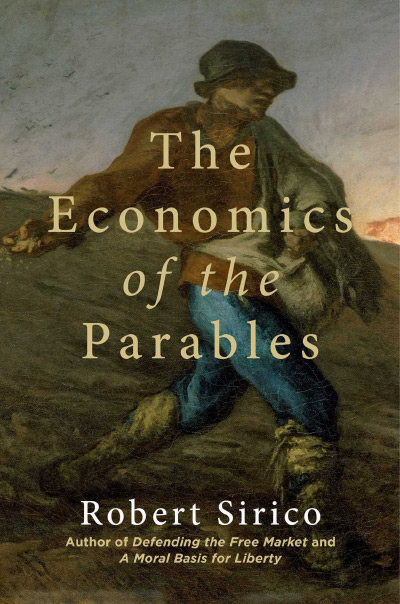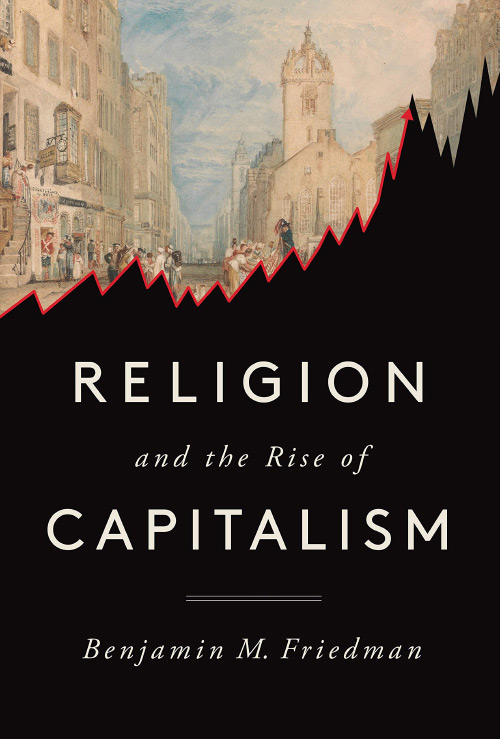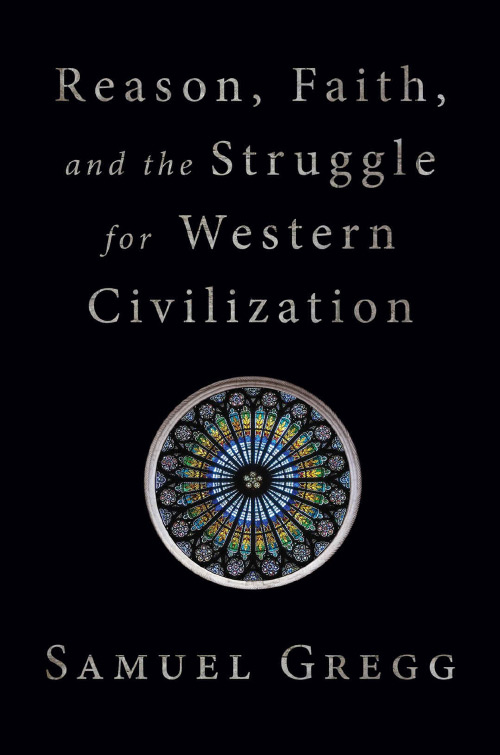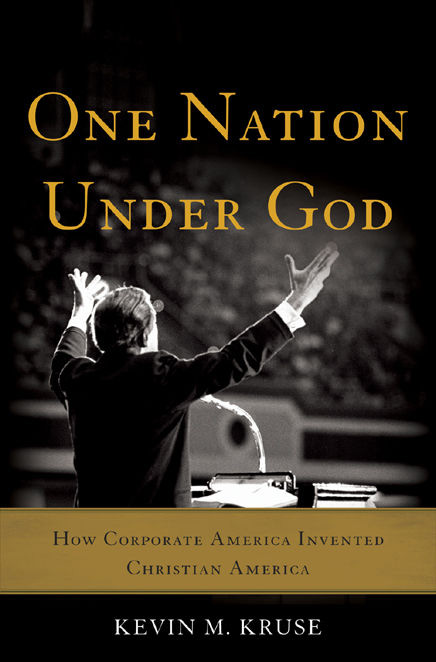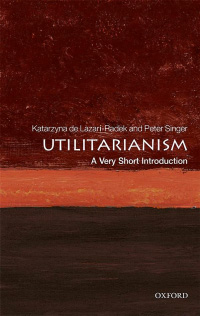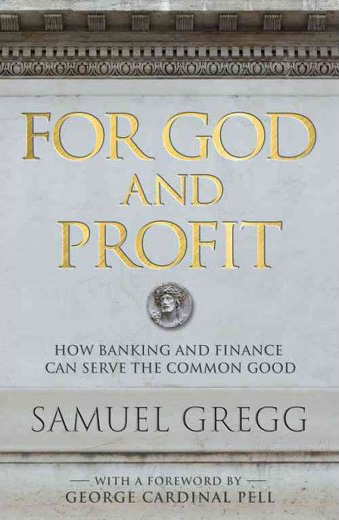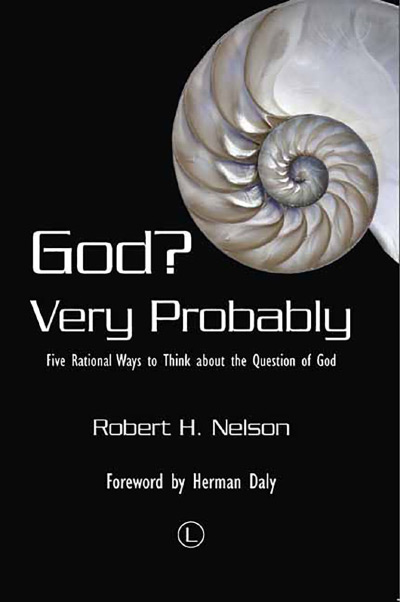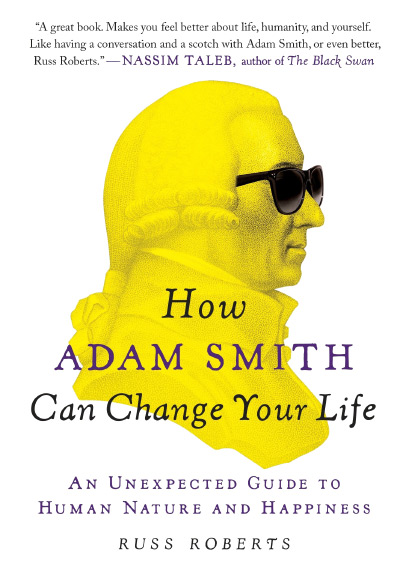Prudes give chastity a bad name. We are not prepared to hear sermons on sexual restraint from people who seem to find the body distasteful in the first place and can’t recognize the difference between the wholesome and the tawdry. In contrast to the prudish, Orthodox Christianity recognizes the body—and therefore sexuality—as a gift given: subject to concupiscence and in need of some taming and direction, certainly, but a good to be accepted, given proper expression, and enjoyed as a dimension of human flourishing.
A colleague of mine likes to say life is not to be lived like a person in a white silk shirt trying to eat spaghetti without splattering any sauce (that is, with so much fear of being soiled that the savor of the experience is drained away). We understand this problem readily in the realm of sexuality yet tolerate a parallel “prudishness” when it comes to business. So much of what is said about the Gospel’s moral teaching about money and exchange seems constricted by a fastidious distaste for the realities imposed on us by the body and its needs. We’ve learned that sex isn’t inherently dirty, but boy, we sure still think commerce is!
When we start by getting our lived reality wrong, we can end in unfortunate mistakes, including the embarrassment (examples of which are not lacking on the Right or the Left) of reading our pet theories into the Gospels instead of allowing the Gospels to shape our mental models. We may imagine that Jesus is a supply-side economist or a Marxist even though he explicitly told us “my kingdom is not of this world.”
In The Economics of the Parables, Fr. Robert Sirico performs an important service by asking more fundamental and more enduring questions than what would Jesus say about any specific policy matter. Instead of trying to tease out what is not present in the scriptures, Sirico looks at what is there, in plain sight: what human and economic realities form the backdrop of the parables? What do the parables assume about everyday living? As Sirico notes in his introduction, part of the reason the parables endure after 2000 years is that they are not time-bound even though they pre-date the modern economy: “[P]eople still fish ... store up harvests, adjudicate inheritances and gifts, build houses with foundations, pay debts (or don’t), struggle with income disparity, encounter the poor in their midst, endure inter-family tensions, and experience many of the other variations of life one finds in the parables” (pp xiv).
The parables remain fresh, in other words, because they describe what is “natural, constant, and ubiquitous in human experience” (p. xv). Christ begins the parables with common experience, so that is where Sirico begins his exploration of “the economics of the parables'' as well. And he begins his examination not only from the perspective of a public intellectual with a particular approach (he is co-founder and president emeritus of the Acton Institute for the Study of Religion and Liberty and the author of, among other titles, 2012, Defending the Free Market: The Moral Case for a Free Economy, Washington, D.C.: Regnery), but pre-eminently from his perspective as a pastor, immersed for decades in the joys and vicissitudes of his parish flock.
“Economics” as we understand the term in the twenty-first century is an anachronism in scripture. In an instructive essay concluding the volume, Sirico reminds us that for the ancients, “economics” meant only household management. What does it take for all the members of the household to have what they need to live and accomplish their necessary tasks? For a picture of household management in ancient times we might look to Proverbs, where we find the poem on the “woman of worth.” Imagine all the tasks involved in a household such as this:
Who can find a woman of worth?
Far beyond jewels is her value.
Her husband trusts her judgment;
he does not lack income.
She brings him profit, not loss,
all the days of her life.
She seeks out wool and flax
and weaves with skillful hands.
Like a merchant fleet,
she secures her provisions from afar.
She rises while it is still night,
and distributes food to her household,
a portion to her maidservants.
She picks out a field and acquires it;
from her earnings she plants a vineyard.
She girds herself with strength;
she exerts her arms with vigor.
She enjoys the profit from her dealings;
her lamp is never extinguished at night.
She puts her hands to the distaff,
and her fingers ply the spindle.
She reaches out her hands to the poor,
and extends her arms to the needy.
She is not concerned for her household when it snows—
all her charges are doubly clothed.
She makes her own coverlets;
fine linen and purple are her clothing.Her husband is prominent at the city gates
as he sits with the elders of the land.
She makes garments and sells them,
and stocks the merchants with belts ... .
(Proverbs 31: 10-ff, New American Bible)
The point is that “economics” is not wicked or tainted, but something necessary, arising from our physicality and its limits. The body must be fed, clothed, and sheltered. Once these elementary needs are met, we all also need higher goods, including a certain measure of security for emotional well-being, friendship, intellectual development, the ability to express creativity through communication and art (or for those called to it, even through business), and ultimately a relationship with God.
Because through nature and nurture we each have different aptitudes, our physical limits and natural differences keep us grounded in reality and also draw us out of ourselves into relationships with others. A man might be able to subsist as an island or radical individualist, but he won’t thrive. St. John Chrysostom, in one of his homilies on 1 Corinthians, anticipated Adam Smith by several centuries when he noticed that managing scarcity compels us to cooperate: “Since men would not otherwise make up their mind to seek the things of their neighbor, except they were reduced to this necessity: therefore God has thus joined things together, and suffers them not to arrive at their own profit except they first travel through the profit of others."
Economic structures may have changed dramatically since Jesus’ time, but they serve the same purpose: to help us manage scarce resources in ways that prevent waste and have what we need for a good life. Before we can understand how to choose the good when making economic decisions, we must first understand our reality.
Too many of my freshmen students (to say nothing of society at large) can’t recognize this reality, regarding commerce with suspicion. It’s a “necessary evil” to make ends meet, but not an intrinsic good. My primary objective during the four years I spend with them is to change this fastidious mindset, so they see exchange as something human to be directed toward the good.
Here’s how Fr. Sirico’s simple approach enriches our understanding, taking as an example something dear to my heart as an entrepreneur and professor of entrepreneurship.
In his chapter on the parable of the talents, Sirico shows that “the Kingdom of God stands in direct rebuke to anyone who sees an intrinsic contradiction between business success and the Christian life” (p. 65). In the parable, a master entrusts his stewards with varying amounts of money to safeguard for him, and in the moment of reckoning praises those who used his initial investment to make a profit and sternly rebukes the one who merely buried the money to safeguard against losing any. Most readers correctly take Christ to be saying that no matter how gifted we are, what talents we have are to be put to use. Sirico notices that this applies to entrepreneurial talents too. In praising the stewards who make profit from their talents, Jesus seems to imply that “the ... making of a profit by the use of one’s entrepreneurial talent is not ... an inordinate desire. It is the proper employment of talent” (p. 74).
If only we could all learn earlier in life what talents God has given us. In my course for college freshmen, I challenge students to discover these. I find that the school system inhibits this kind of self-knowledge, imposing on young people a kind of uniformity. What sense does it make, and how fair is it, to encourage aptitudes for art or science, but to deprecate and suppress the talents for business?
The key to entrepreneurial success is to answer the question, “How may I help you?” The entrepreneur identifies people’s problems and uses his own talents to create a solution the customers find valuable. If that works well, the business is profitable. But there is no guarantee of success. In fact, fewer than 50% of new companies ever reach profitability, and usually the initial outlay comes from the entrepreneur herself. Sirico has great respect for the courage this represents: “Imagine what it must be like to pay out wages long before you have a clear idea whether you have accurately predicted that your business will eventually be profitable” (p. ?).
Fear of the unknown so often paralyzes people, as happens to the faithless steward, who is afraid to take any risk. More than their business success, what Christ seems to praise in the good stewards is the virtue it takes to overcome this paralyzing fear. Failure is a possibility, but it’s more noble to fail than never to try. It takes alertness to human need, a spirit of service, and courage to start a business.
“It’s the virtues of faith, hope, and confidence in the face of great odds and obstacles—not greed—that characterize the entrepreneur,” Sirico observes, and therefore our religious institutions and educators should “recognize entrepreneurship for what it is—a vocation, a calling in need of formation, maturation and clarity of mission”. Of course, as any other profession, it can be misdirected or corrupted by sin. All the more reason this set of talents mustn’t be buried but channeled toward good ends.
Tragic, then, that “many religious leaders speak and act as if the businessman’s use of his natural talents and resources to turn a profit is intrinsically immoral” (p. 73), helping to bury rather than form those very talents. This is but one of Sirico’s unique insights.
The Economics of the Parables makes for superbly inspiring reading. It ought to be required reading at any business school ... and seminary.

